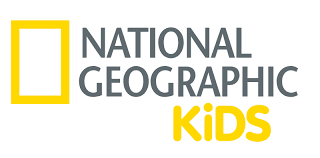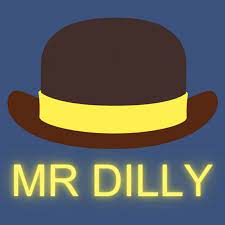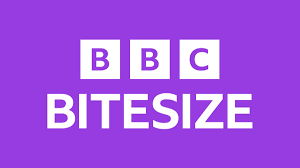History
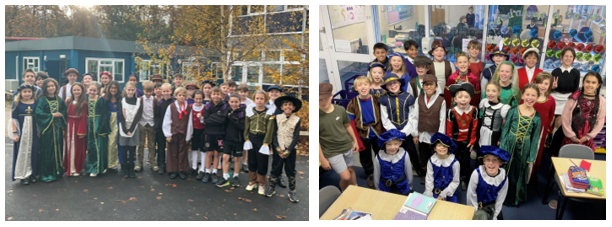
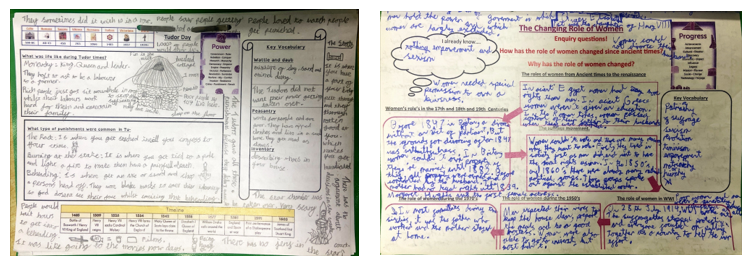
Rationale
At Ravenscote, we aim to stimulate children’s interests and enhance their understanding of the lives of people who inhabited the Earth in the past. By examining historical contexts and comparing them to the present day, we foster a rich appreciation of the continuum of human experience. We firmly believe that engaging with history empowers children to make sense of the world around them and subsequently cultivates their analytical thinking processes. The study of history makes a valuable contribution to our children’s understanding of all aspects of life, providing them with a meaningful sense of identity and heritage.
As a school we have defined learning as: children will ‘Know more, do more and remember more’. Central to this philosophy is a curriculum map designed to provide repetitive teaching of key historical concepts. Each unit features embedded practice, retrieval exercises, and reinforcement to ensure that knowledge is retained in long-term memory rather than forgotten. Such an approach is crucial in aiding pupils not only to learn but to internalise and apply their historical understanding effectively.
One distinctive element of our history curriculum is the decision to deliver historical periods out of chronological order. This choice stems from careful consideration of the content associated with various historical events, alongside an understanding of the emotional, academic, and developmental capacities of our children. By teaching timelines in a non-linear fashion, we enable students to forge connections between different eras and discover the interrelatedness of historical events, thereby developing a more coherent understanding of the past. For instance, in Year 4, when children study the transition from the Stone Age to the Iron Age, they also compare this with life in Ancient Egypt during the same time period as discovered in year 3, thereby establishing meaningful contrasts and connections.
Each year group will complete at least one history unit based on a different civilisation. Wherever possible, comparisons are made to previous learning of civilisations and consideration given to what was happening in Britain or around the world at the same time. All teaching has a strong focus on chronology to enable children to make links between periods.
In accordance with our commitment to relevance and relatability in education, local history is incorporated into the curriculum across all year groups. Specific local historical contexts are explicitly addressed in Year 3 (The History of Camberley), Year 4 (Samuel Cody), Year 5 (Changes in the local area since the 1960s, including a Highwayman unit), and Year 6 (The impact of World War II on local lives). This integration of local history not only grounds the subject in familiar territory for our pupils but also enhances their engagement with and understanding of historical narratives.
Rationale Yr. 3 Studies:
Children study Ancient Egypt in Year 3, as it represents one of the longest-lasting civilisations in world history. Over the course of two terms, pupils engage in an in-depth exploration of this significant period, allowing them to grasp the concept of civilisations and understanding Key Stage 2 timelines. This study fosters the development of critical thinking, questioning, and investigative skills, encouraging students to apply knowledge retained from their time in infant schools. They will make meaningful comparisons between life in ancient Egypt and their own experiences today.
As part of this curriculum, students are introduced to essential vocabulary, including terms such as "peasantry," "noble," "sphinx," and "civilisation." Importantly, this marks the first opportunity for children to investigate artefacts, enhancing their ability to question and assess their reliability.
In addition to the focused study of Ancient Egypt, a comprehensive overview lesson introduces pupils to a variety of ancient civilisations, adhering to National Curriculum requirements. Furthermore, Year 3 students examine a more recent civilisation, the Anglo-Saxons, which has significant links to Britain. Through this comparative study, children revisit artefacts and analyse the enduring legacy of the Anglo-Saxons, evaluating the similarities and differences between their lives and those of past societies.
Rationale Yr. 4 Studies:
The study of history from the Stone Age to the end of the Bronze Age provides children with a comprehensive understanding of pre-history. This knowledge serves as a foundation for comparing previous learning about the Ancient Egyptians, fostering a deeper appreciation for historical progressions. Pupils investigate the reasons behind historical changes, igniting a sense of excitement, awe, and wonder for life long ago, while also highlighting the essential role of archaeologists in uncovering the past.
Children will develop their ability to sequence multiple events and artefacts, reinforcing their understanding of key terms such as BC and AD. This skillset is further refined in Year 5, as they begin to compare distinct periods in time.
The Year 3 curriculum, includes the study of several 'History Heroes', including local hero Samuel Cody, enabling students to appreciate how individuals can significantly influence both past and present narratives. Additionally, pupils examine the historical arguments surrounding the Union of Great Britain through the lens of the Roman Empire, gaining insight into the British Empire and its evolution over time. They will order key events from the Roman era, employing dates to construct timelines, whilst exploring various aspects of Roman life, including construction techniques that endure in modern society.
Rationale Yr. 5 Studies:
The selection of the history curriculum for Year 5 has been purposefully designed to provide a rich tapestry of learning experiences that enhance both chronological understanding and comparative analysis. The Maya unit serves as an exemplary contrast to the prehistoric era studied in Year 4, facilitating a broader perspective on civilisations. This unit not only complements the teaching of Modern Foreign Languages, specifically Spanish, but also integrates seamlessly with the geographical studies of North and South America. Pupils will engage in research to compare Maya life with contemporary existence, exploring their intricate writing and number systems alongside those of the Romans and Ancient Egyptians. Additionally, the unit delves into the remarkable achievements of the Maya civilisation, while also examining the factors leading to its decline.
Tudor England is a study of an aspect of British history that extends pupils’ chronological knowledge beyond 1066. This exciting unit enables children to use historical sources to describe influential characters as well as consider the impact the English Reformation has on life today.
London through the ages, gives children an opportunity to discover the impact that major events have had on London. Children revisit London as discovered by the Romans, identify how London has changed over the past 500 years and the impact of major events such as The The Great Plague and The Great fire of London. Through this topic, they will continue to develop and use historical vocabulary e.g. society, economics, cultural and hierarchy linking to historical terms and periods through discussions and explanations. This exciting unit includes a local study on how life has changed since the 1960’s in Camberley.
Rationale Yr. 6 Studies:
As a major turning point in History for Britain, Children consider the key events that led to WWII, countries which were involved and how it has shaped not only Britain but the world at large. By immersing themselves in the experiences of children living in their local area during this tumultuous time, pupils will investigate the realities of rationing, the Blitz, and evacuation. Engaging with primary and secondary sources will enhance their understanding of life during the war and develop essential skills such as questioning, critical thinking, and reasoning.
Whilst studying the period of Ancient Greece, children will engage in a comparative analysis of their new knowledge alongside their previous learning about civilisations worldwide. This process enables them to build upon their historical understanding and accurately position specific periods on a timeline, facilitating a comprehensive grasp of historical progression. Furthermore, children will investigate the remarkable achievements of the Ancient Greeks, recognising their contributions to modern society, including the concepts of democracy, theatre, and architecture. Additionally, pupils draw connections between this era and others, such as the Maya, enriching their historical perspective.
Whilst studying the Vikings, pupils will utilise their comprehensive skills developed throughout Key Stage 2 to construct well-informed arguments grounded in thorough research and primary sources. This unit engages children in a detailed exploration of the Viking and Anglo-Saxon struggle for control over England, culminating in the reign of Edward the Confessor. Children investigate the identity and motivations of the Vikings, including their invasions of Britain. Additionally, they will analyse contemporary place names across the UK, tracing their Viking origins. This unit will also reinforce the overarching themes of invasion and settlement by revisiting prior knowledge of the Romans and Anglo-Saxons.
Intent
The intent for history is to develop children’s understanding of the world’s past, and how it has developed into the world we live in today. It will engage our pupils in questions about Britain’s past and that of the wider-world. Pupils will continue to develop chronologically secure knowledge of British, local and world history, establishing clear narratives within and across the periods studied. They will note connections, contrasts and trends over time and develop the appropriate use of historical terms.
They will understand how knowledge of the past is constructed from a range of sources and be able to judge their reliability. The subject provides a historical context that helps pupils to understand the present, appreciate the challenges of our time, and prepare them for the future. Our curriculum content is rich in knowledge, vocabulary and experiences, allowing children to develop their understanding of abstract historical concepts as they move throughout their schooling.
Our history curriculum promotes curiosity and a love for learning about the past. Through an enquiry-based approach, children are encouraged to ask and explore historically valid questions and report their findings by drawing on skills from across the curriculum. Alongside the development of substantive knowledge, children will develop their disciplinary skills as they learn the fundamental elements of what it is to be a historian. We teach children to investigate past events and, by so doing, to develop the skills of enquiry, analysis, interpretation and problem solving.
Our pupils will learn about the actions and motives of key people, nations and civilisations - their achievements and mistakes, and the impact of each, over time. Children will acquire knowledge of different cultures, beliefs and values and how they were shaped. We want our pupils to develop an understanding of themselves and others by reflecting upon their similarities and differences. We encourage them to consider diversity and how we live in an interdependent global world.
Our intention for historical enquiry within Ravenscote is to teach and equip children to:
- Ask perceptive questions about the past
- Think critically
- Weigh evidence
- Sift arguments
- Develop perspective and judgement
- Compare and contrast different historical periods.
- Develop their knowledge of historical vocabulary
- Apply their historical knowledge and vocabulary to create their own structured accounts
- Have a clear knowledge of the chronology of key events and significant people.
At Ravenscote, our units are linked to our three ‘Threads’ of ‘Power’, ‘Progress’ and ‘People’. Throughout children’s learning journey, these concepts and key vocabulary will be revisited and revised to create links between units and time periods to ensure knowledge is imbedded and understood.
Implementation
As a subject, humanities is taught once a week, with an allocated time of one hour and fifteen minutes. History is delivered across three half terms each academic year, providing students with a thorough understanding of significant historical periods and themes. To assess their work, children engage in ‘quick quizzes’ that reinforce their learning. The specific skills being developed during each lesson are communicated through a skill code, annotated in the margins of the students' books. At the end of each lesson, children reflect on their learning by RAG rating their understanding on their skills maps. Red signifies limited understanding or confidence, yellow indicates some comprehension, and green illustrates a competent grasp of the skill and learning objectives for the lesson.
Teachers utilise a diverse array of resources and techniques to engage children in historical methods of discovery. This engagement is facilitated through a variety of tasks that connect new learning to prior knowledge and lessons. The culmination of each unit occurs in the final lesson, which serves to recap the entire unit’s content, allowing children to demonstrate their understanding through an assessment task. Additionally, a teacher reflection sheet will be completed each lesson to evaluate pupil outcomes and identify any misconceptions.
Skills identified on the year groups ‘skills maps’ develop sequentially throughout children’s four years at Ravenscote. The skills develop the history overarching skills of: vocabulary, organisation and communication, chronological understanding, historical knowledge, Interpretations of history and historical enquiry. As pupils’ practise and develop these skills, the skills will progressively increase in difficulty to create well-rounded, curious historians. We ensure that children have a chronological understanding by ensuring all units; begin with the chronology of the time period being studied, and reference ‘Ravenscote’s History curriculum timeline’. Each teacher explicitly makes links with different time periods to ensure children make connections with learning.
To ensure progression, the National Curriculum is used as a basis for what pupils are taught, and teachers use historical vocabulary throughout teaching. Knowledge is regularly revisited and pupils demonstrate their learning by creating their own Knowledge organiser. Children explore a range of evidence sources, to build knowledge and understanding.
Enquiry skills are used to investigate events of the past: this enables children to retain knowledge for longer and be able to apply it rather than it being retained in their short-term memory. All knowledge, vocabulary and skills used throughout a unit, build to answer the enquiry question (s) for the topic.
To motivate pupil’s’, ‘Humanities Heroes’ are selected each term to celebrate enthusiasm for the subject and share examples of work with the whole school community.
Our aim is to use a cross curricular approach, when appropriate, to allow children the opportunity to apply skills, but not distract from the history content pupils are required to learn.
We endeavour to produce historians who have the following characteristics:
- Excellent knowledge and understanding of people, events and contexts, from a range of historical periods and of historical concepts and processes.
- Have the ability to think, reflect, debate, discuss and evaluate the past, formulating and refining questions, and lines of enquiry.
- Critical thinkers who can communicate ideas confidently in a variety of styles, appropriate to a range of audiences.
| Read | Write | Think |
|
When historians read they: |
When historians write, they: |
When historians think, they: |
|
|
|
Impact
Through the high-quality, first teaching of history, we will see the impact of the subject through:
- Pupils' voices will articulate their ability to discuss the skills and knowledge they have acquired, demonstrating a profound engagement with the material.
- Children will engage and be motivated to find out more about the subject.
- Written work will show; a range of topics are being covered, cross curricular links are made where possible, adapted work is set where appropriate, skills and knowledge learnt will be evident.
By the end of each unit of work, children will know more historical information, will have improved their enquiry skills to enable them to do more with the information learnt whilst making links to previous knowledge ensuring they remember more.
Learning about different periods in history will improve children’s chronological knowledge of events, as well as allowing them to make links between different periods and comparisons with the modern day. Children will become increasingly aware of how historical events have shaped the world they currently live in, with empathise placed on analytical thinking and questioning. This will help pupils gain a coherent knowledge and understanding of Britain’s past and that of the wider world, making them curious to know more about the past.
Children will begin to develop their understanding of historical enquiry and evaluate their own learning. Pupils will learn to ask perceptive questions, think critically, weigh evidence, sift arguments and develop perspective from judgment. Yearly themed days provide further relevant and contextual learning, bringing the subject to life. As historians, children will learn from history to influence the decisions that they make in their lives in the future.
The impact and measure of our history teaching will ensure that children are equipped with historical enquiry skills, knowledge and concepts, in addition to guiding their attitude to historical events, which will enable them to be reflective learners, ready for the KS3 curriculum. Through doing this, we aim to generate an excitement for historical enquiry, to encourage the children to become life-long learners in the wider world. We hope that the passion that emanates from our creative, enthusiastic teachers, will highlight and ignite within the children an importance for studying events from the past. It is our belief that bringing these experiences to our pupils’ present will positively shape their futures.
Please click here to access our History Policy document.
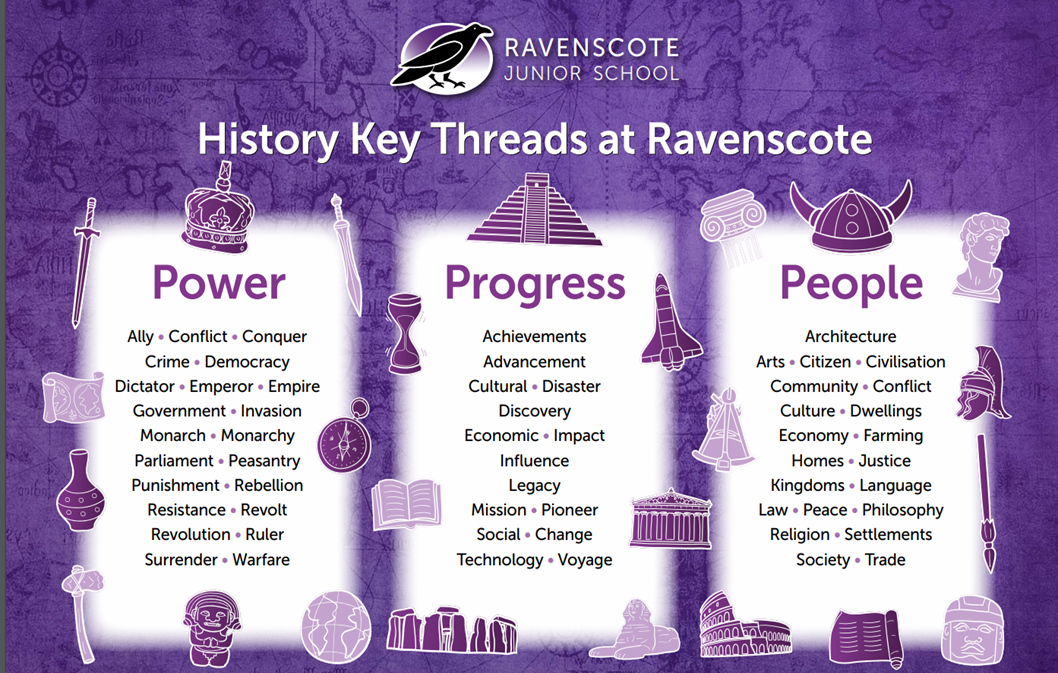
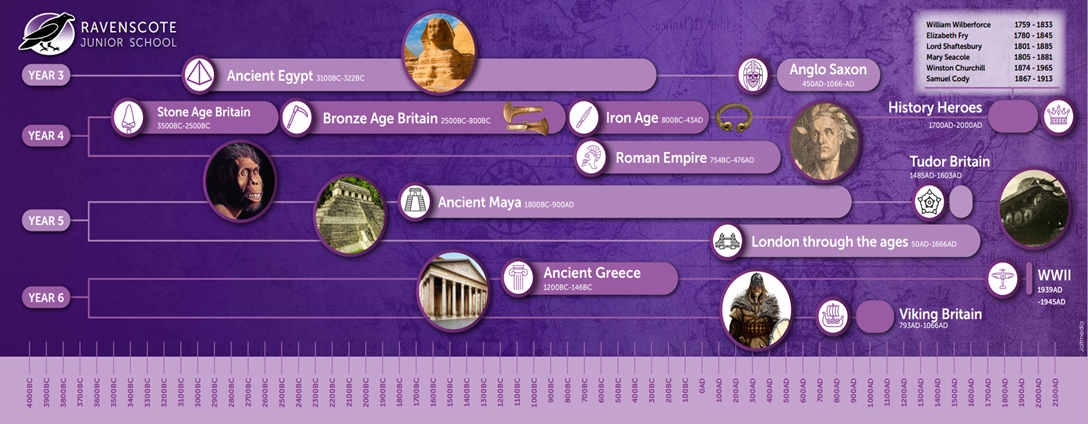
Year 5/6
“We can learn what happened in the past and how it has impacted our future”
“Curriculum days are interesting; we can put ourselves into the shoes of those in the past and really understand what they went through”
“History is so interesting, I love learning new things every lesson and my teacher makes learning enjoyable”
Year3/4“We can’t go in a time machine to see what happened hundreds of years ago, so learning about it at school is so fun!”
“I love being able to dress up and learn lots of new things”
Links for parents:



